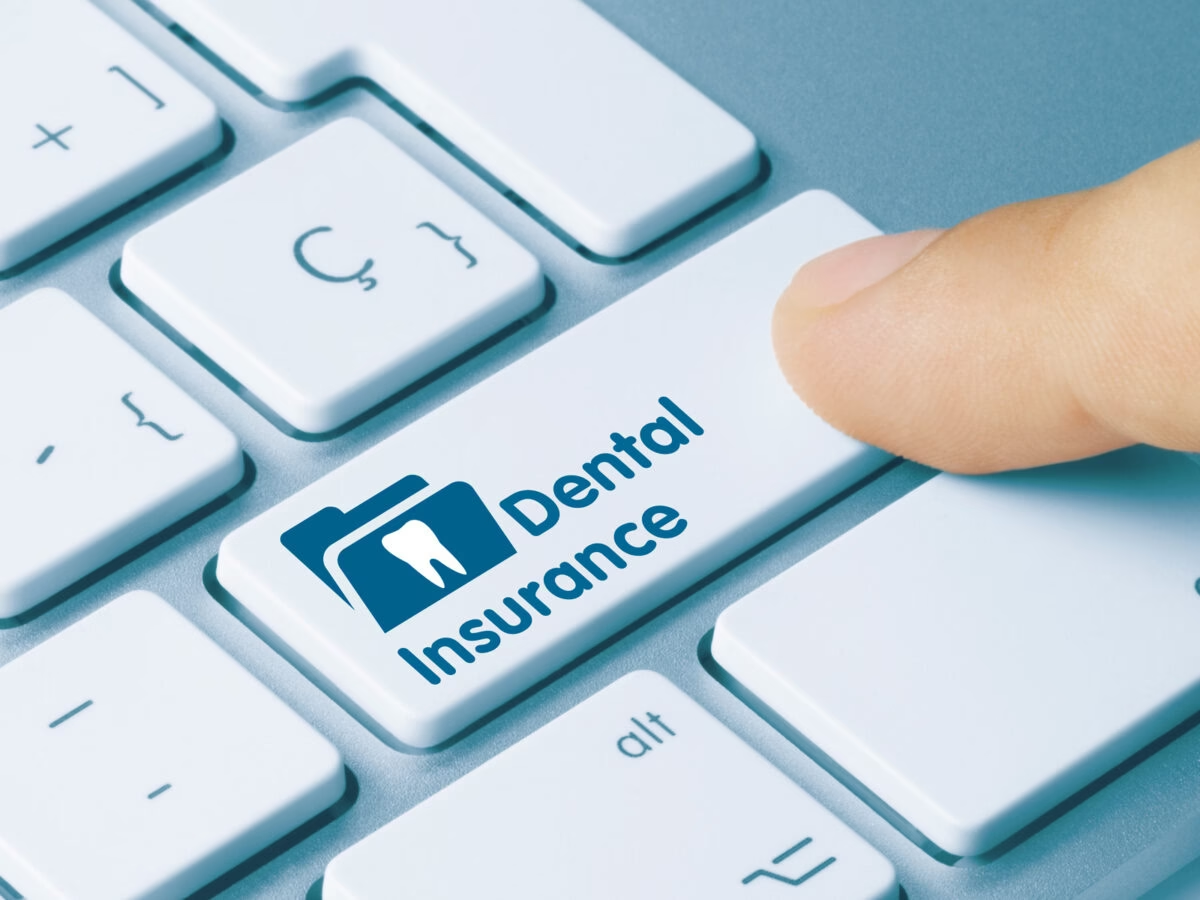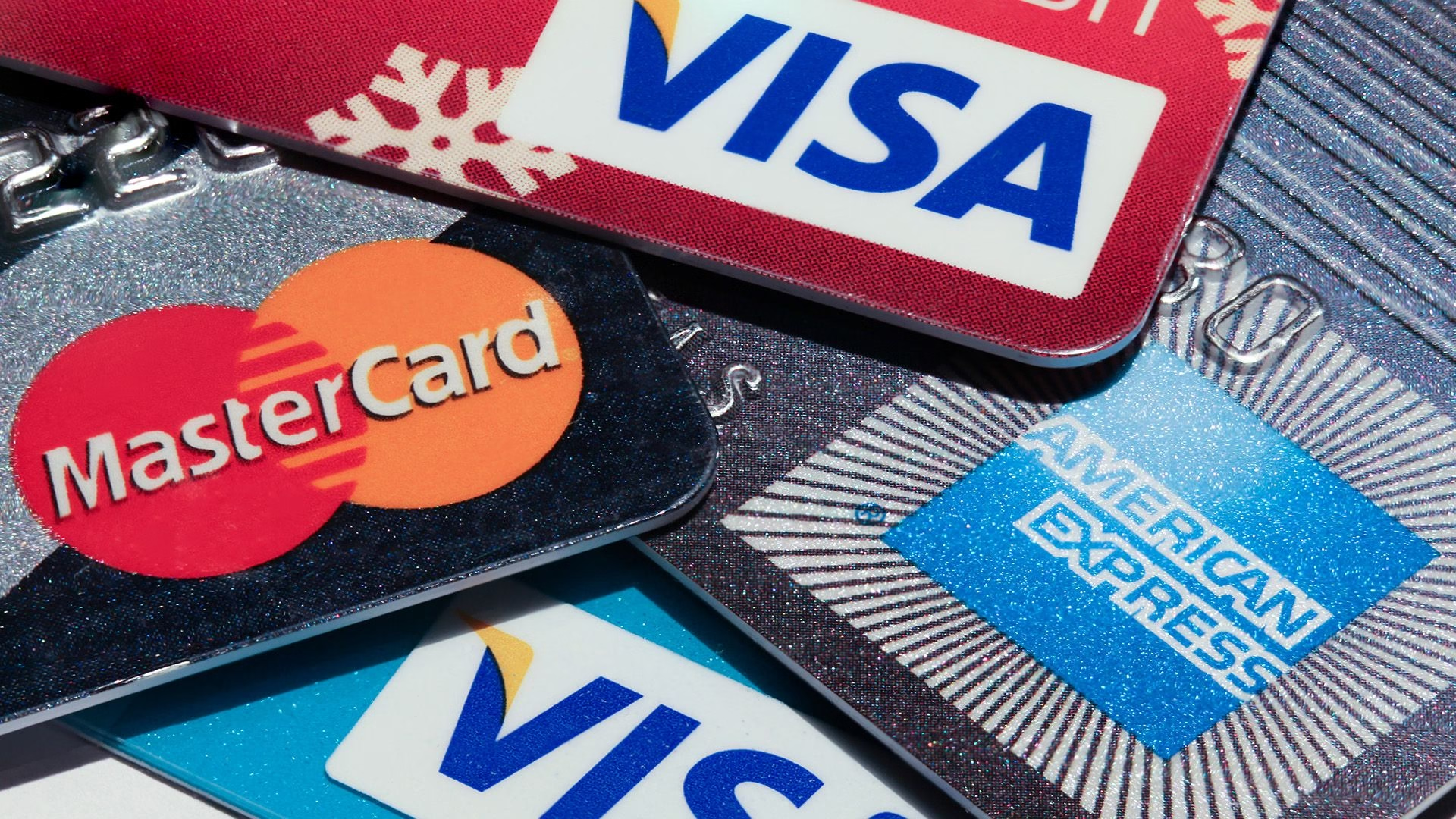Dental Insurance
The thing that bothers most people when looking for affordable dental insurance is finding the best fit for your budget and specific situation. The biggest trick is to be aware of certain dental plans that offer 100% coverage on preventive care? Let’s dive in and analyze all the facts and information you need to be aware of that can come in handy in identifying and making the correct decision when selecting dental insurance coverage.
1. Not All Dental Plans Cover Major Procedures
Notably, while regular dental insurance coverage offers dental cleanings and exams, not all insurance policies pay for serious dental procedures, including crowns, root canals, or orthodontics. Before you sign up, take a close look at the summary of benefits to avoid unpleasant surprises later on how an expensive affair this can be. Certain policies might make you pay a deductible before they chip in and start paying for complicated dental procedures. Advisably, review the terms of each plan carefully to understand the fine print.
2. Preventive Care Is Usually Free
Most insurance companies, like Delta Dental , cover 100% of preventive care. This covers:
- Check-ups
- Cleanings
- X-rays
- Children’s fluoride treatments
By prioritizing preventive care, you’ll save money on costly procedures later. Regular visits find issues early on, making you less likely to need costly treatments later.
3. Waiting Periods May Impact Urgent Needs
Some plans have waiting periods before you can utilize benefits for extensive treatments. If you require urgent dental treatment, seek no-waiting-period plans to prevent delay. Urgent dental requirements are expensive, so if you think you will require treatment in the near future, choosing the right plan is essential.
4. Going for an In-Network Dentist Saves you Money
Dentists who are part of an insurance network offer pre-negotiated rates, which makes treatment more economical. Always ensure that your provider is in-network to avoid overpaying for services. Going to an out-of-network dentist can cost much more since they are not subject to the insurer’s pricing contracts.
5. Dental Insurance Is Different From Medical Insurance
Unlike medical insurance, which does not always have an annual limit, dental insurance generally has a yearly limit (typically $1,000–$2,000). Once you reach the limit, you pay out-of-pocket for additional work. You will want to manage your procedures wisely if you have extensive dental needs.
6. Family Plans Can Save You Money
If you are a breadwinner, you need to utilize a family dental plan instead of individual policies. Family dental insurance plans are designed to provide coverage for multiple family members, including spouses and dependent children. Family plans generally provide discounts on premiums and pooled benefits, saving costs in general. Some plans provide additional perks, such as orthodontic discounts for children.
7. Some Plans Cover Cosmetic Procedures
While most dental insurance policies exclude cosmetic procedures like whitening or veneers, a few upscale policies offer partial payment. If smile enhancement is high on your priority list, explore policies that include coverage for aesthetic procedures. A few carriers also offer discount programs for cosmetic procedures.
How to Choose the Best Cheap Dental Insurance
To choose the best policy for you, follow these steps:
- Compare levels of coverage: Ensure that the policy contains mandatory procedures.
- Look at the network and providers: Ensure the dentist you plan to see will accept the policy.
- Check cost and affordability: Look at the premium, deductible, and maximum out-of-pocket cost.
Check out client reviews and satisfaction. Customer ratings can be insightful and help you judge the quality of service.
- Assess your needs: If you need regular dental work, a higher-level plan may be more cost-effective in the long run.
Where to Get Trustworthy Dental Insurance
If you want a trustworthy provider, Delta Dental offers a variety of plans for individuals and families. They have thousands of participating dentists, making care convenient and affordable.
Alternatives to Traditional Dental Insurance
In case traditional insurance does not fit, there are these possible alternatives:
- Dental Discount Plans: You receive discounts in exchange for an annual fee.
- Health Savings Accounts (HSAs): HSA funds may be used to pay for dental care tax-free.
- Flexible Spending Accounts (FSAs): Similar to HSAs, FSAs allow you to put pre-tax money away for medical and dental expenses.
Finding affordable dental insurance isn’t necessarily difficult. By educating yourself on what’s out there and how policies differ, you can identify coverage that fits your budget and lifestyle. Don’t delay—act today and take charge of your oral health!





Leave a Reply